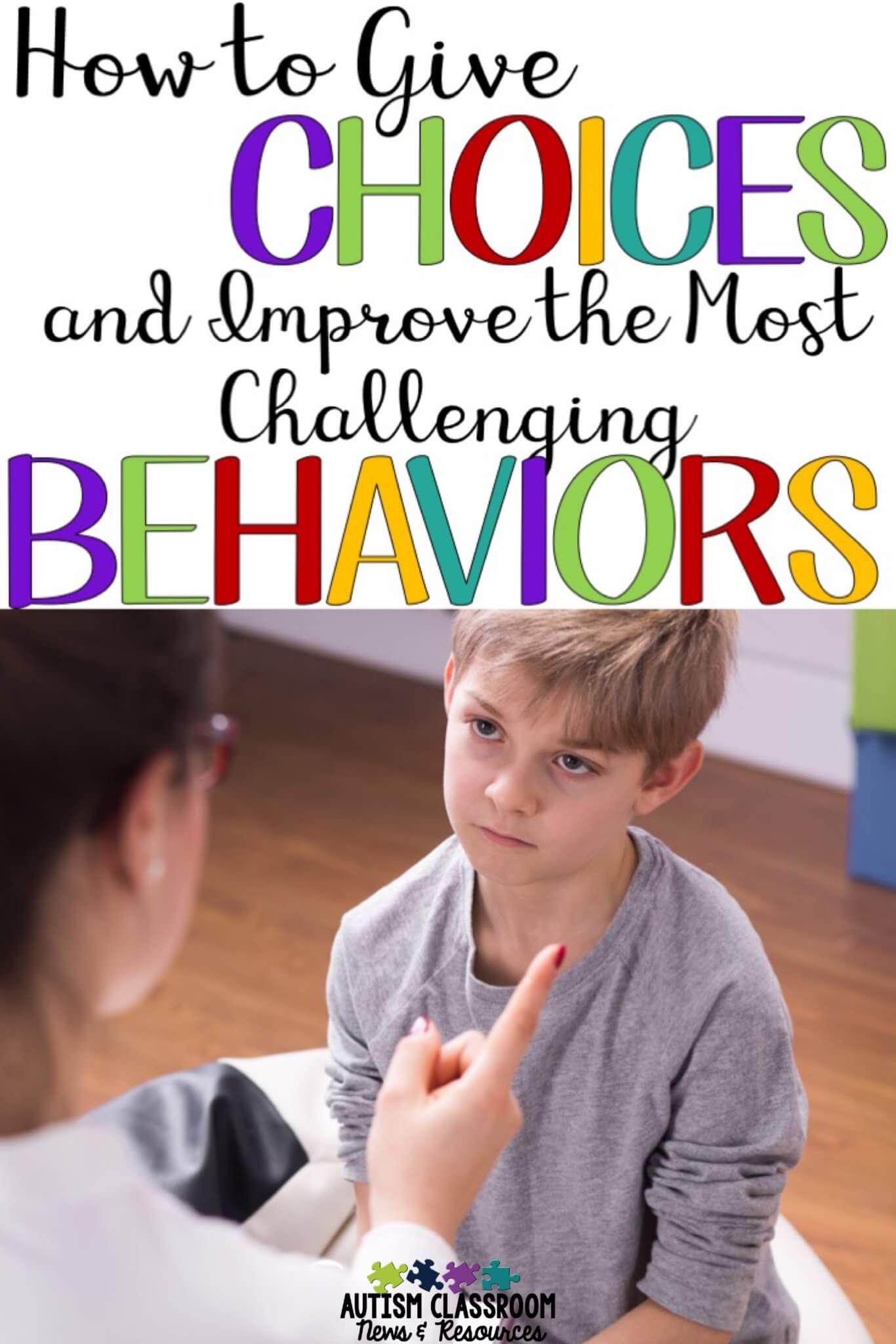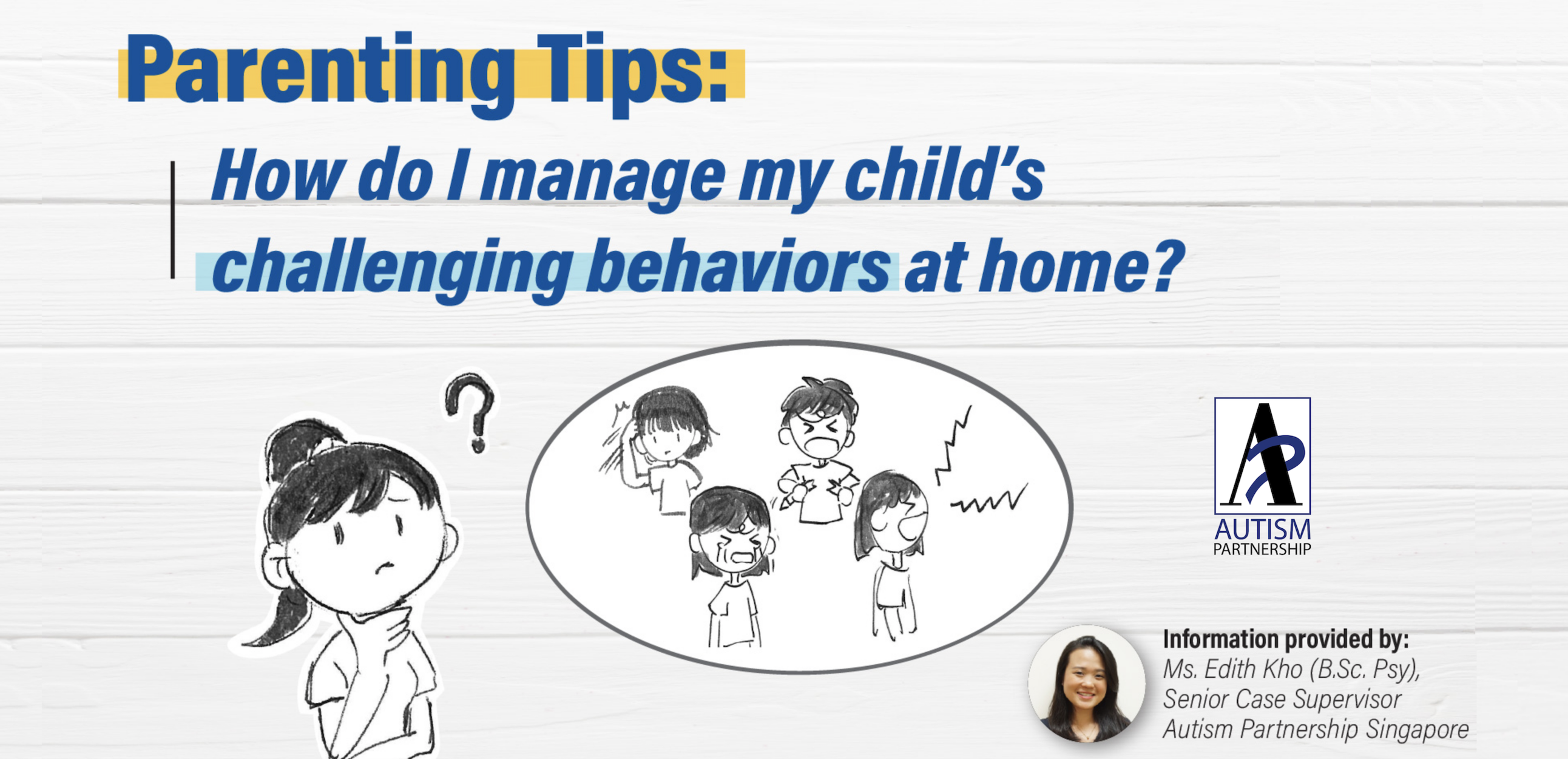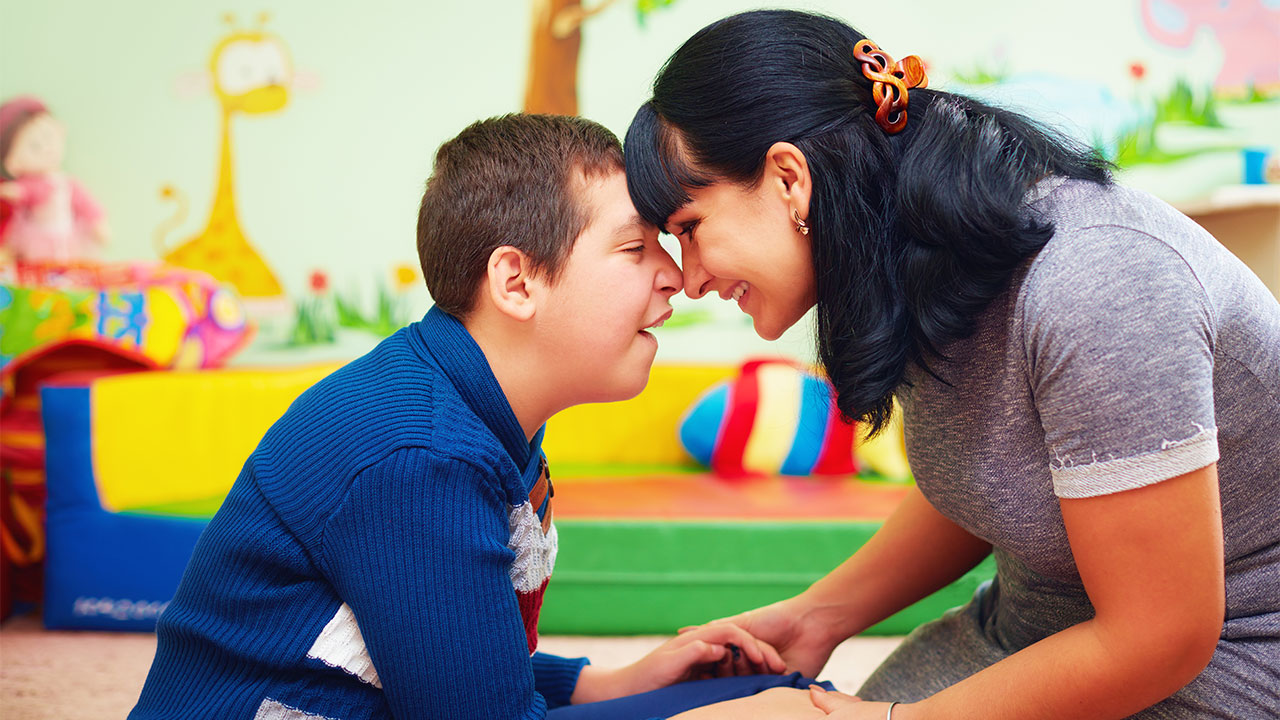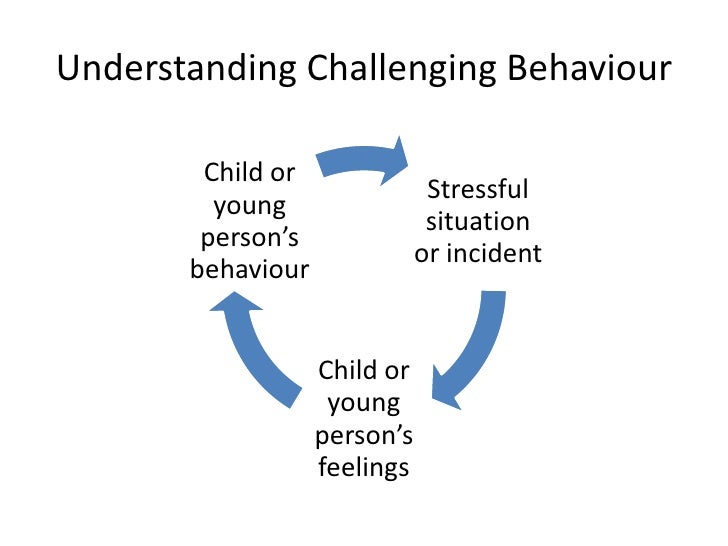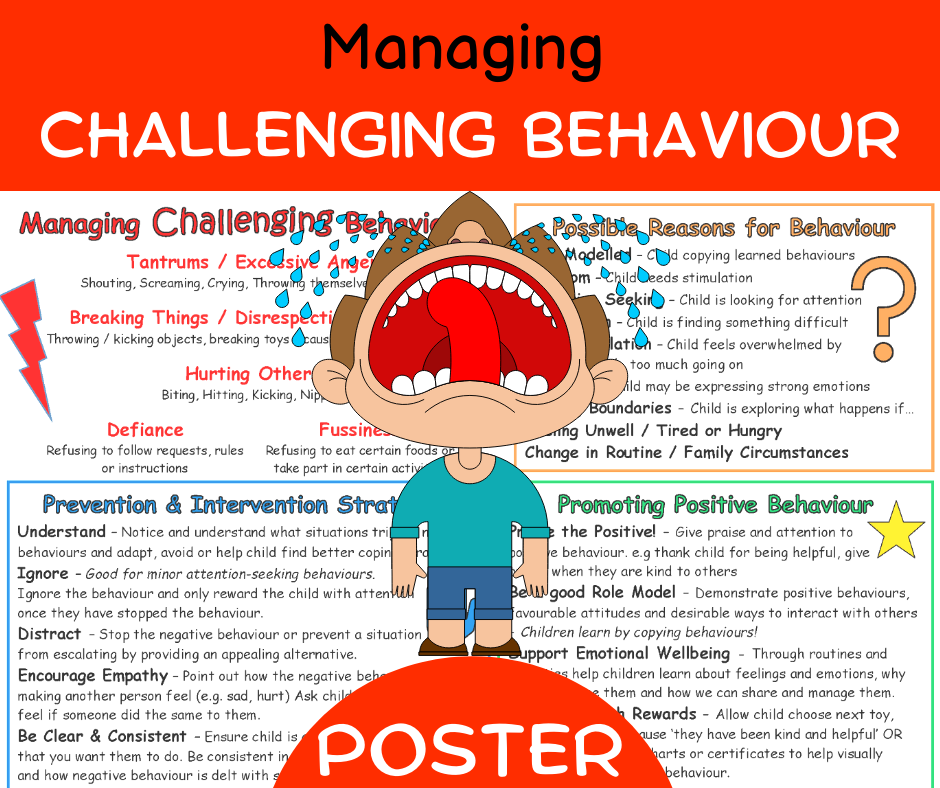Fabulous Tips About How To Deal With Challenging Behaviour

One way it achieves this is through the functional behavioural assessment where specific triggers for one particular person’s challenging behaviour (e.g., loud.
How to deal with challenging behaviour. Some difficult behavioral types will attempt to blame the target of their behavior for “being too sensitive.”. High level disruptive behaviour cannot be. The key is to see it from his point of view.
Do not give consent. Understanding your child’s challenging behaviour could help you to make a behaviour management strategy for home and school.
An introduction to challenging behaviour. Challenging behaviour can include: Supporting someone with challenging behaviour begins with understanding their needs.
Identify challenging behaviors and their effects on the classroom. For example, they might feel anxious or bored, or be in pain. A trusted provider can work with you to handle.
Redirect the situation if you are able to catch the early warning signs, then it’s possible you could prevent any challenging. A period of new or increased challenging behaviour. By reflecting on types of behaviour you find challenging, you will be in a better.
All children misbehave from time to time, in numerous environments, and for multiple reasons. Article building environments that encourage positive behavior: Setting rules is important so that your child knows what behaviour is expected of them.
As a carer, try to understand why the person you look after is behaving in this way. Different approaches will work for individual patients.
Previous traumatic experiences can lead to challenging behaviours to cope with or express the impact of those experiences; Trauma or past experiences: The first step in being proactive might be the easiest:
This quick read challenging behaviour guide gives tips and strategies to help you and your family member during. How to deal with challenging behaviours. This will usually mean working with your.
It varies from person to person. Challenging behaviour is often seen in people with health problems that. Your child care provider can be a good partner and source of support when you are finding your child’s behavior challenging.





